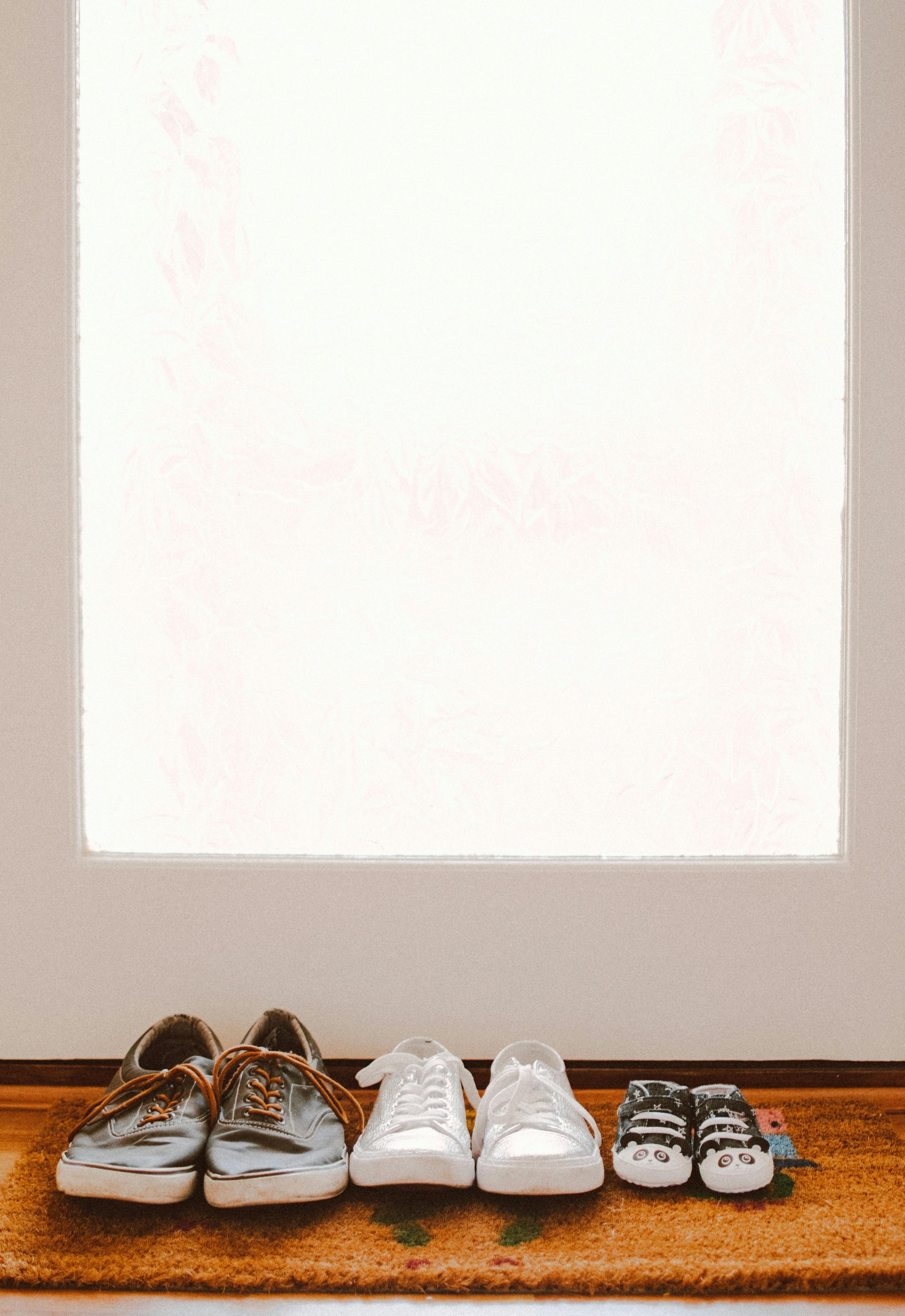 In a poignant reminder of the potential consequences of attorney negligence, the Louisiana Court of Appeal recently upheld a substantial $200,000 legal malpractice award to four siblings who tragically lost their brother due to their former attorneys’ alleged mishandling of a wrongful death lawsuit. This case highlights the importance of competent legal representation and the potential consequences of attorney negligence.
In a poignant reminder of the potential consequences of attorney negligence, the Louisiana Court of Appeal recently upheld a substantial $200,000 legal malpractice award to four siblings who tragically lost their brother due to their former attorneys’ alleged mishandling of a wrongful death lawsuit. This case highlights the importance of competent legal representation and the potential consequences of attorney negligence.
Case Background
The plaintiffs, siblings of the deceased Frank Anthony Dawson, hired the defendants, Gray & Gray and James Gray, II, to represent them in a wrongful death and survival action against the Sheriff of St. Tammany Parish. Mr. Dawson tragically died by suicide while under suicide watch in the sheriff’s custody.
 Insurance Dispute Lawyer Blog
Insurance Dispute Lawyer Blog


 A recent ruling by the
A recent ruling by the  A recent ruling by the Louisiana Court of Appeal has shed light on the complexities of prescription (the state’s equivalent of a statute of limitations) and the concept of joint tortfeasors in wrongful death cases. The case, Crocker v. Baton Rouge General Medical Center, involved a tragic incident where a mentally impaired man, Jerry Sheppard, died after an altercation following his discharge from the hospital.
A recent ruling by the Louisiana Court of Appeal has shed light on the complexities of prescription (the state’s equivalent of a statute of limitations) and the concept of joint tortfeasors in wrongful death cases. The case, Crocker v. Baton Rouge General Medical Center, involved a tragic incident where a mentally impaired man, Jerry Sheppard, died after an altercation following his discharge from the hospital. A recent Louisiana Court of Appeal decision has underscored the significance of expert testimony in medical malpractice cases. The case, Mariakis v.
A recent Louisiana Court of Appeal decision has underscored the significance of expert testimony in medical malpractice cases. The case, Mariakis v. A recent
A recent  In the recent Louisiana Court of Appeal, Third Circuit, decision of
In the recent Louisiana Court of Appeal, Third Circuit, decision of